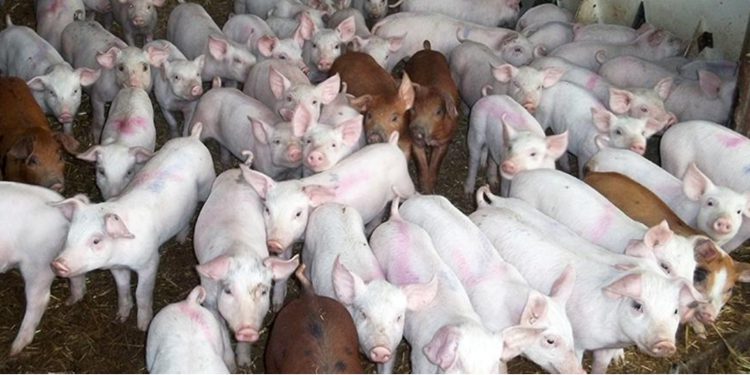Cambridge University reports that a highly antibiotic-resistant strain of the superbug MRSA – methicillin resistant Staphylococcus aureus – has emerged in livestock in the last, probably due to widespread antibiotic use in pig farming.
The strain, called CC398, has become the dominant type of MRSA in European livestock in the past fifty years. It is also a growing cause of human MRSA infections.
The study found that CC398 has maintained its antibiotic resistance over decades in pigs and other livestock. And it is capable of rapidly adapting to human hosts while maintaining this antibiotic resistance.
The results highlight the potential threat that this strain of MRSA poses to public health. It has been associated with increasing numbers of human infections, in people who have and have not had direct contact with livestock.
“Historically high levels of antibiotic use may have led to the evolution of this highly antibiotic resistant strain of MRSA on pig farms,” said Dr Gemma Murray, a lead author of the study, previously in the University of Cambridge’s Department of Veterinary Medicine and now at the Wellcome Sanger Institute.























